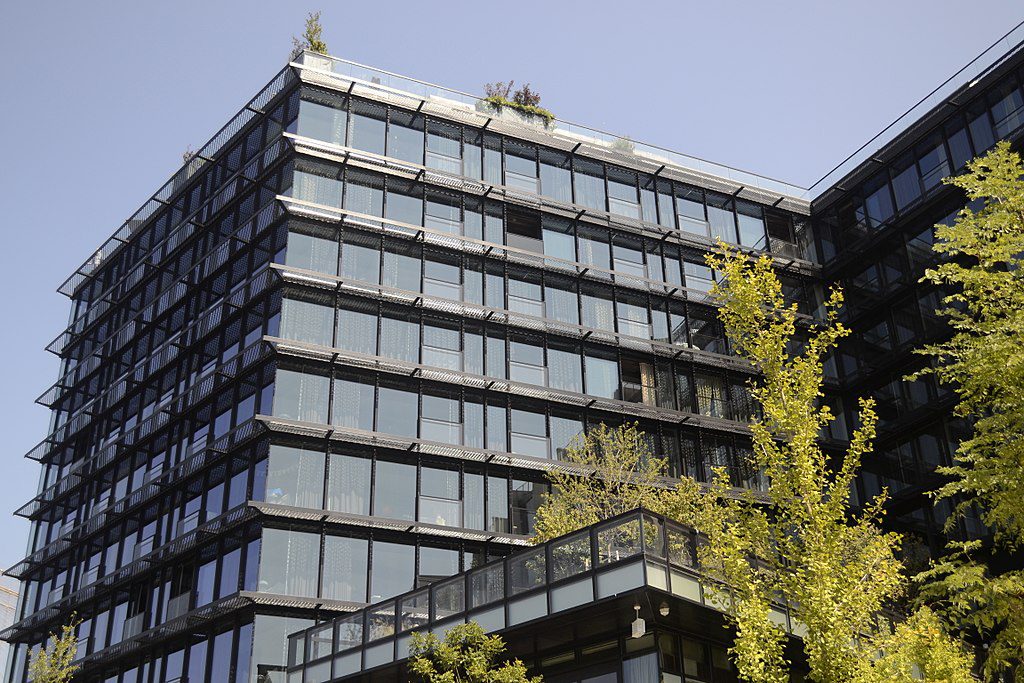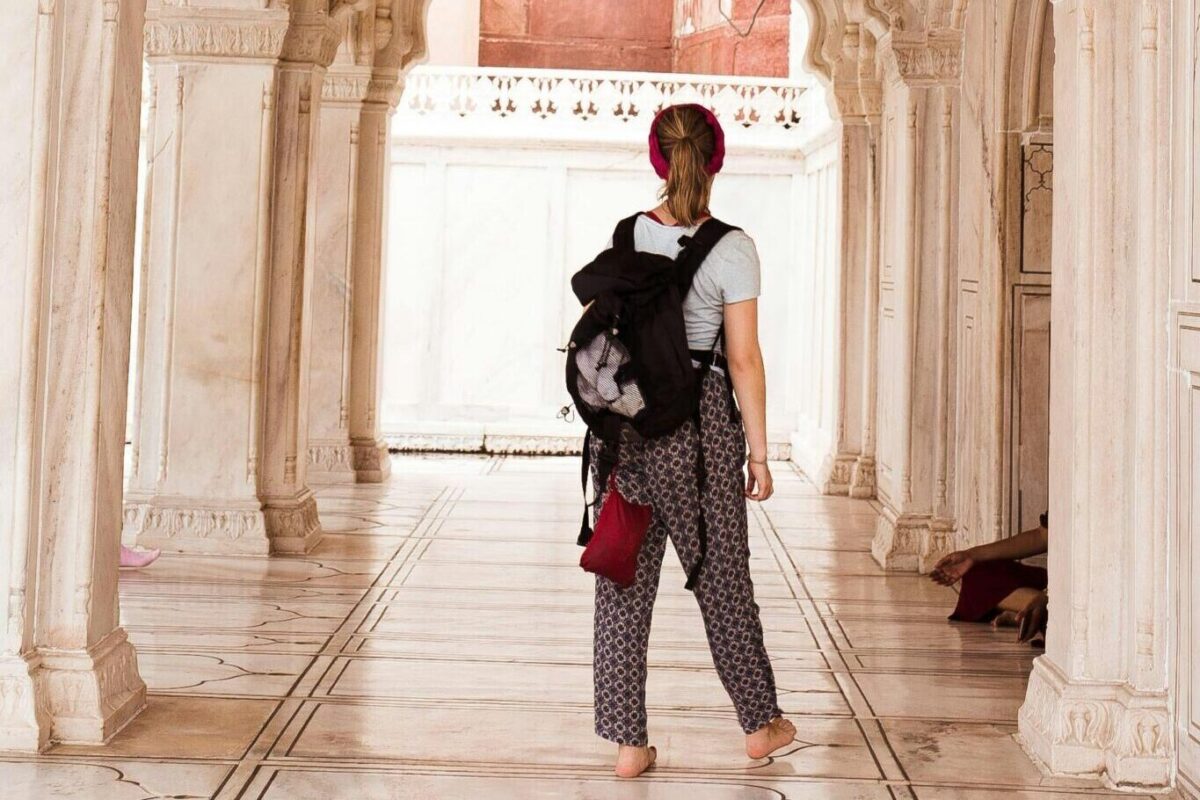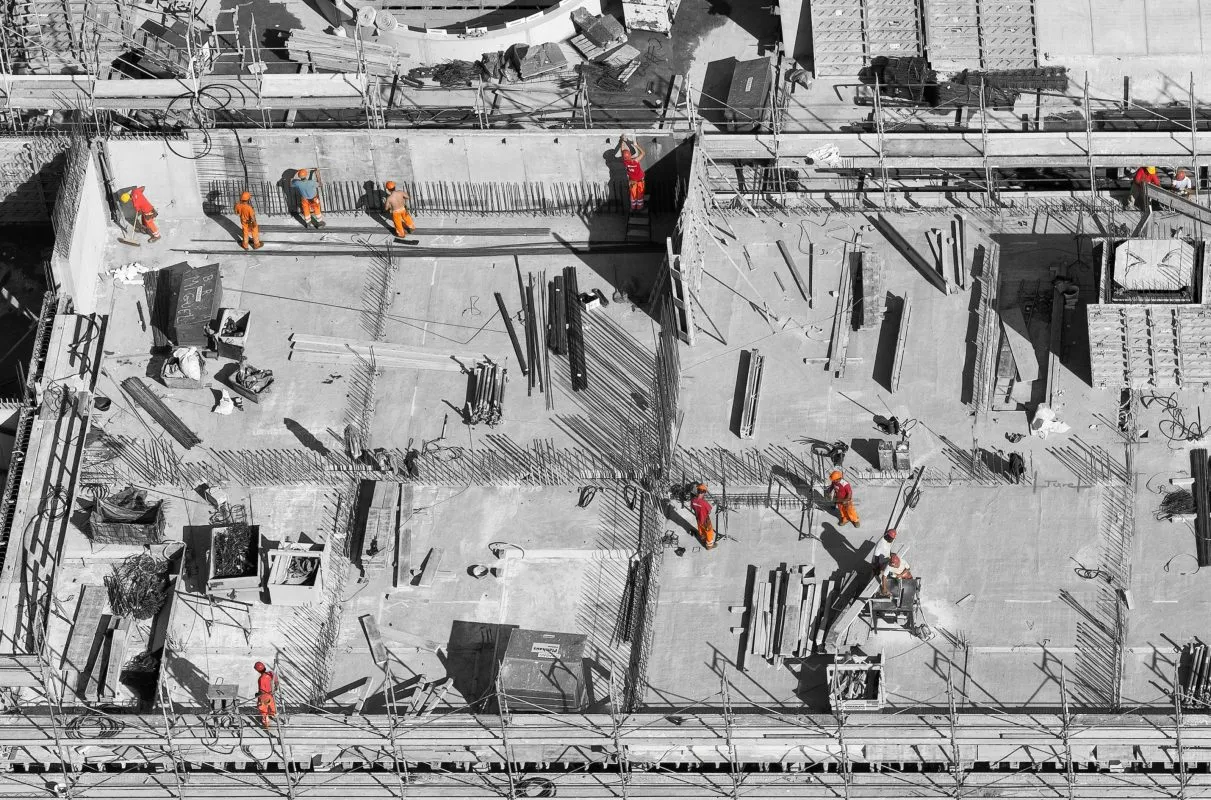Barry Sternlicht Faces Tough Investor Climate for Hotel Bargains

Skift Take
Starwood Capital’s recently announced $10 billion fund targeting distressed real estate assets faces a hard time finding significant opportunity in the hotel sector.
The Urban Land Institute, one of the real estate industry’s largest think tanks, and PwC released their annual Emerging Trends in Real Estate report this month. The real estate industry views the study — which survey’s roughly 1,200 experts across a variety of sectors and directly interviews more than 900 — as a leading benchmark of how things stand across major commercial real estate sectors, including hotels.
The findings might dampen the mood at investment firms like the Barry Sternlicht-founded Starwood Capital, as they emphasize the major distress and bargain pricing these eager groups anticipated have yet to materialize. Hotel owners have stronger-than-expected leisure travel demand as well as relief measures from central governments to thank for being able to maintain ownership through the worst crisis in industry history.
“Despite an unprecedented level of delinquencies and defaults, the extent of distress sales initially anticipated failed to materialize due to timely federal relief, higher-than-anticipated pent-up leisure demand, continued lender resistance to take back the keys, and ownership stabilizing its portfolios by accessing readily available rescue capital and through select, noncore asset sales,” reads the 2022 Emerging Trends in Real Estate report.
The report came out the day before Starwood Distressed Opportunity Fund XII — Starwood Capital’s more than $10 billion fund aimed at buying up distressed real estate assets, including hotels and residential developments — was announced. The fund has already been used toward Starwood Capital’s $6 billion joint takeover of Extended Stay America with Blackstone.
The ULI report notes investors began amassing capital last year during the early months of the pandemic in anticipation of hotel transactions at 40 to 60 percent discounts on pre-pandemic pricing. But opportunity never came knocking.
Summer leisure travel demand sparked an initial wave of pricing disparity between how much owners were willing to sell their properties and how much investors were willing to pay. Given the downturn was a health crisis at its root rather than an economic one, owners weren’t willing to budge much on pricing. Marriott CEO Anthony Capuano noted that bid-ask divide last month at Skift Global Forum.
Leisure travel demand began to wane in the fall of 2020, and the report notes there were some assets that began to sell at 15 to 40 percent off their pre-pandemic valuations. It was around this time when Sternlicht made an appearance at a Saudi Arabian tourism event and didn’t hide his eagerness to pump capital into struggling hotels.
“As an investor, I’m really kind of tickled to death … There’s going to be so much distress,” he said at the time.
But various rounds of economic relief in the U.S. kept hotel owners from having to hand over the keys to their properties to lenders. Even those who haven’t been able to tap into government funds aimed at smaller businesses have been able to renegotiate more flexible payment arrangements with lenders who don’t want to take on ownership of a hotel in the uncertain travel climate.
Vaccine rollouts also ate into potential opportunities for eager investors, as it provided owners and lenders a light at the end of the tunnel on a potential travel recovery. The properties that did sell in the first part of this year typically traded at only 15 to 20 percent off 2019 levels — well below the 60-percent discounts opportunistic investors were hoping for a year prior.
ULI notes properties in leisure markets were able to retain their pre-pandemic value and even surpass pre-pandemic prices due to strong occupancy rates and a competitive buyer climate. There was only so much product hitting the market for the litany of eager investors angling for a deal.
The dim outlook on great opportunities awaiting investors in the hotel sector goes against the outlook of Greg O'Hara, the founder and senior managing director of private equity firm Certares. O'Hara, also speaking at Skift Global Forum last month, called the travel sector an investor's market thanks to the uncertainty in the pandemic recovery. Granted, he was speaking more to travel companies than real estate assets.
That isn't to say there aren't any opportunities in hotel real estate. The ULI report goes on to note city convention hotels and properties targeting the group and business travel sectors could offer the best discounts for investors. But organizations like Starwood Capital may not want to rely solely on that forecast.
CGI Merchant Group, another active investor in the market looking for hotel deals, is reportedly close to making a deal on the Trump International Hotel in Washington, D.C., for around $370 million. In the U.S., D.C. was one of the most negatively impacted cities from the pandemic, so there is all the reason to think a hotel like the Trump-branded one would trade at a bargain.
While the potential sale price is more than $100 million off where the Trump family hoped it would trade at in 2019, it would still be the highest per room price in city history — not exactly a steal.




